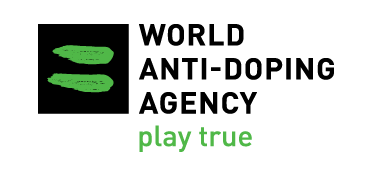
HADA
National Anti Doping Organisation
Guidelines (RTP, TP, TTP)
The doping control policy of the 48 Sports Federations in Greece (Olympic, non Olympic, Paralympic) is designed based on a Risk Assessment and is established after deciding the complete number of athletes who will be tested.
In line with WADA's standards, this process includes making a proper assessment of the relevant risks and implementing an appropriate Test Distribution Plan based on the results of this assessment.
The reasons for the tests vary and they are different for every sport and every athlete. An important factor that leads to testing in a sport is if there are doping cases in Greece or worldwide.
The Sports Federations take into account certain selection criteria:
- The level of popularity of a sport in the country
- How competitive it is at an international level
- The history of doping in this sport in Greece
- The history of doping worldwide
In a lot of sports there are different competitions and there is not the same risk for an athlete tested positive in legal prohibited substances. For example, a competition may require physical strength, another may require stamina or special skills. However they all belong to the same sports federation.
Apart from the selection criteria of the Federations, the athletes' individual characteristics and their athletic performance are taken into consideration. Also, other criteria include the history of doping in the athletes, in the sporting personnel (doctors, trainers, physiotherapists) and the importance of the upcoming sports events the athletes may take part.
The behaviour of the athletes also plays a very important role. Some criteria that are taken into consideration are: sudden improvement of the athletes’ performance, sample collection personnel’s reports or information by third parties, sudden return from injury or any period of inactivity, consistent inaccurate whereabouts information, information received by the intelligence and investigation offices.








